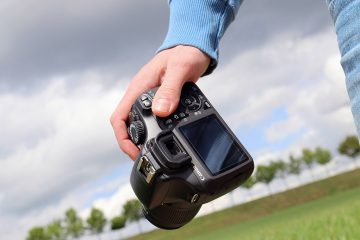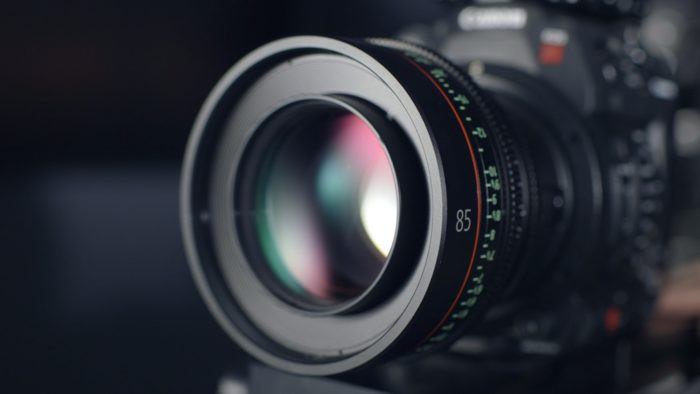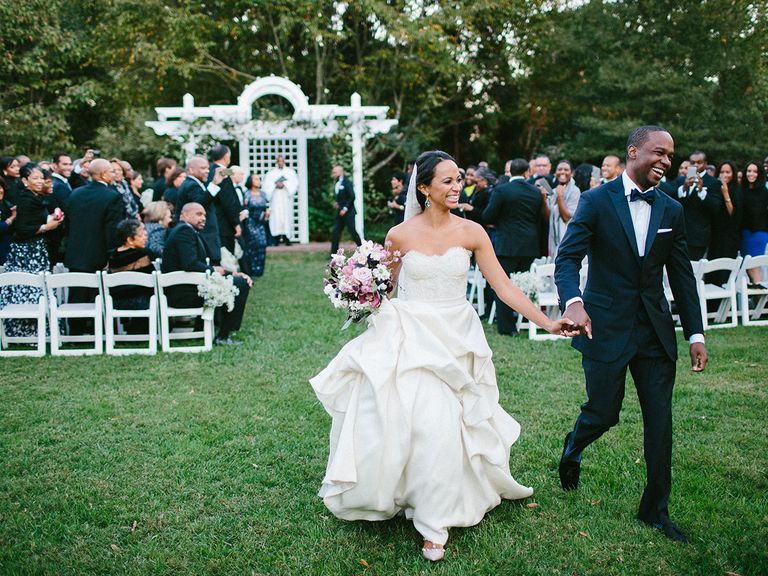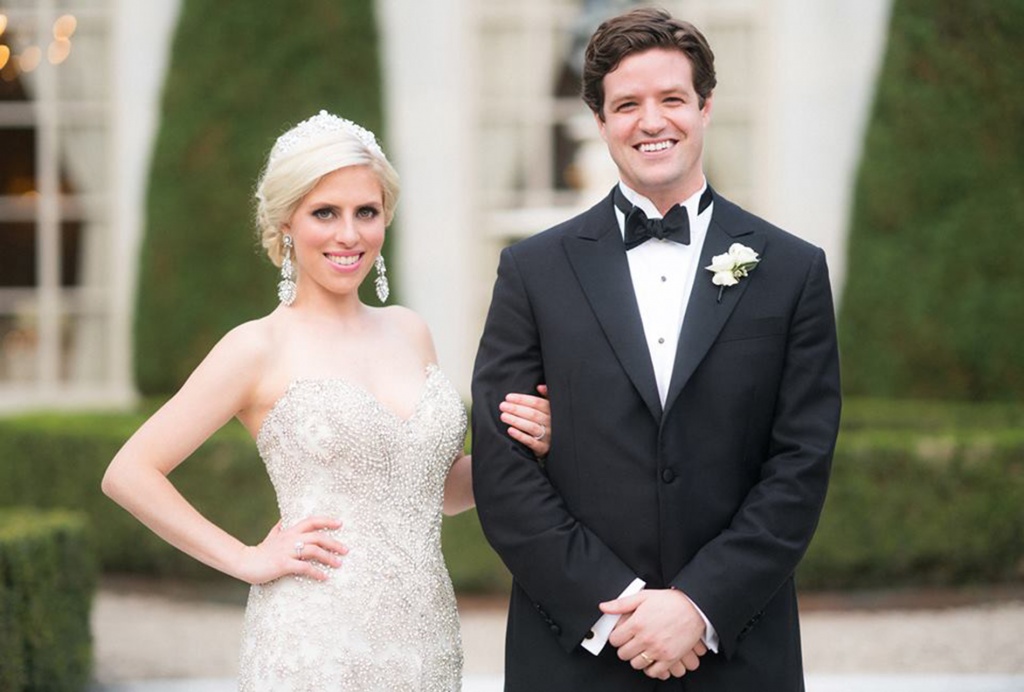Photography Tips For Beginners
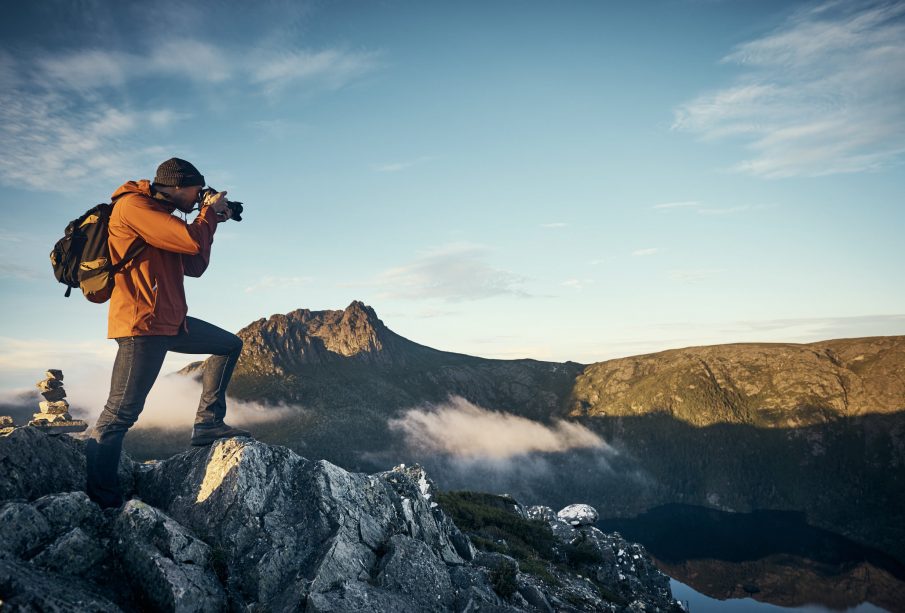
You’ll be amazed at how common it is to run a photography school. This tutorial will give you the best tips for beginners from professional photographers.
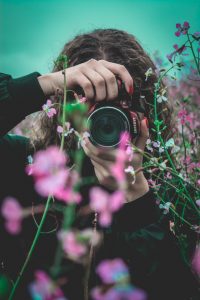
Tip 1: Composition is key
Composition in photography refers to combining or “putting together” parts of a larger whole. Composition is the arrangement of elements within a frame. You can improve the mood you want by following certain rules of composition. We’ve included a few below for you to consider.
Triangles – When taking photos, using triangles can increase your strength. Because any force is evenly distributed through all three sides, triangles are the strongest form in nature and construction, they are also the most durable. This is something our brains subconsciously know and you can enhance the feeling of strength and stability by adding this rule to photos.
The rule of Thirds – The rule of Thirds creates a more natural feel to your image and allows you to move around it with ease. Divide your image into nine equal blocks to form a grid that measures three by three. Next, aim to find the most interesting parts of the image near the imaginary gridlines. Contrary to this, placing your objects symmetrically in your frame will create a neat and professional look (which can also work well). These rules are worth a try. It doesn’t matter if you are shooting landscapes or portraits, these rules will make your job easier and more efficient. You can learn more about composition in the Complete guide to photography.
Tip 2: Learn the Photography Jargon
You need to understand the terminology of photography in order to become a professional photographer. This guide, which is free and available for download, will help beginners to understand photography terminology. Understanding the language will help you comprehend what you are reading and speed up your progression by 10 times.
Tip 3: Learn basic post-processing
You can post-process a photo after it’s taken. It’s what you do to the image. You can use a variety of free editing programs such as Pixlr and Gimp. There are also many apps for your phone. These programs will be able to do simple adjustments such as cropping or adding filters. Adobe Lightroom and Photoshop are great options for editing your photos if you want them to look professional. Lightroom allows you to organize, edit and store your photos. Photoshop adds magic. The School of Photography offers Lightroom and Photoshop classes. Become a member today of TSOP.
Tip 4: Beginner’s Photography Equipment
Make the most of what you have! Camera equipment is not the only thing that matters. It’s all about your ability to use what you have. Do not fall for the false belief that expensive equipment will make you a better photographer. Your knowledge about photography will help you do it. These are the essentials that will get you started on your learning journey. To support the camera’s weight, you will need a sturdy tripod. Avoid cheap tripods that are too fragile as they could cause camera shakes or tip over.
Camera bags are made to protect your equipment. Camera bags should have padding to prevent your equipment getting damaged. You can customize your bag by adding removable inserts. Digital SLR camera, Mirrorless camera, with manual setting Photography is a new hobby and you must learn from the beginning. A fully manual camera is essential. You can use a DSLR or a mirrorless camera. Learn how to use your camera fully manual mode Watch this video to see how much equipment is more important than knowledge.
Tip 5 – Portrait Photography Tips for beginners
After having taught tens to thousands of students in photography, I have learned that while most beginners can create a good landscape, it is difficult to create a great portrait. This is an important topic so I created a tutorial on portrait photography for beginners. It will include tips from pros like how to work with models, where to place them, what colour schemes, camera settings, lighting, and other useful information. These tips will help you make portrait photography easy once you have a little knowledge.
Tip 6: Landscape photography for beginners
Have you ever seen a stunning landscape and taken a picture of it only to find that the result is not impressive? Let’s make that right by sharing some landscape photography tips. This is something we have been doing for years and we know the tricks that will help beginners get great landscape photography. We have also created a blog dedicated to Landscape photography tips, because this is a huge topic. This tutorial will show you how to plan a landscape shoot, how to adjust your camera settings, and how to properly expose for landscape photography.
Tip 7: Don’t forget to turn off Auto and make mistakes
Photographers who are just starting out make mistakes. This is a good thing. It’s how we learn. You won’t be able to see where your mistakes are and you won’t know how you can correct them. Do not return to auto mode when things get tough. Instead, identify the problem and do your best to fix it.
Tip 8: Knowledge is power
Photography is a skill that can be learned! You will learn how to control exposure, depth, field, movement, ISO, and other aspects of photography. Practice often and accept both positive and negative feedback is the best way for you to improve. Our online courses will take you from a beginner photographer to a highly skilled photographer. Join TSOP today to get the whole package and learn photography in a systematic way. As I mentioned, you should be focusing on your creativity and understanding of camera settings. People spend a lot of money on equipment thinking that it will improve their photography. This tutorial shows you how I used a PS150 camera second-hand with a standard kit lens, and a PS20 reflector.
Tip 9 – Clean Your Camera Lens
It sounds obvious, but it’s not. If I could afford a pound per time I saw a beginner photographer using a filthy lens, I would be rich. Grab your camera and test your lens. Photographers must ensure that your camera is in tip-top condition. If you don’t clean your lenses regularly, your shots will be less vibrant and more likely to have lens flare.
Tip 10: Use a lens cover
Even though the number of beginners who don’t use a lens hood is large, it can make a huge difference. Lens flare can be caused by stray light entering your lens. This is why you should use a lens cover. This happens most often when you are shooting in the sun or with a strong light source. Lens flare can be prevented by a lens hood that creates a stronger contrast between colors and tones and stops lens flare.
Tip 11: Practice and have fun
If you are looking to improve your photography skills, the best advice is to have fun and practice. You can take as many photos as possible and then assess them to see if there are any improvement opportunities. Find out what your strengths and weaknesses are. You can also clear up any confusion and learn proper photography with our online courses. Click here to learn more.


